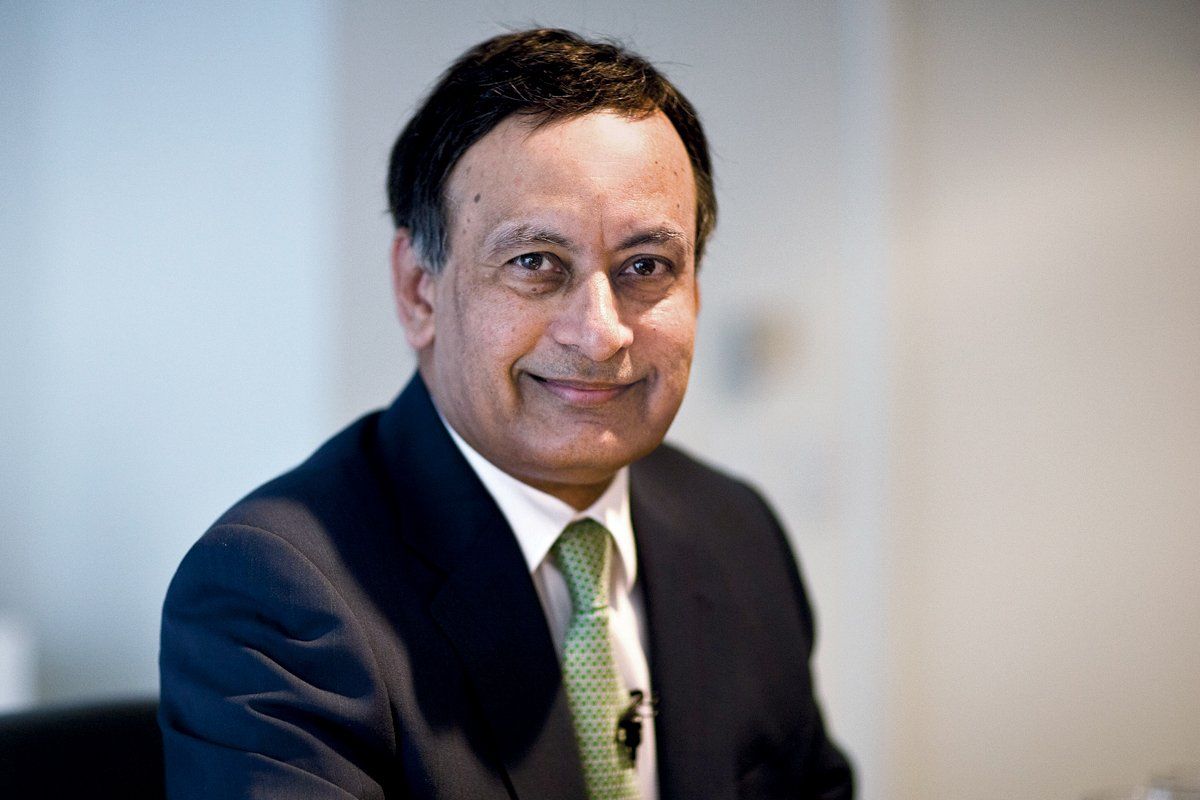
"What we have are two competing narratives, both simplistic and one-sided," Husain Haqqani says. "The Pakistani narrative is American betrayals. The American narrative is Pakistan's untrustworthiness."
As Pakistan's ambassador to the U.S., Haqqani is caught between the two. After a trio of recent headline-grabbing attacks in and around Kabul, Adm. Mike Mullen, departing chairman of the Joint Chiefs of Staff, charged that the insurgent group responsible for them "acts as a veritable arm of Pakistan's Inter-Services Intelligence Agency." Haqqani was berated at the White House for Pakistan's failure to crack down on insurgents operating from inside its territory. Yet he remains disconcertingly calm. "One has to see what one can do to reconcile the narratives," he says. In Washington, Haqqani explains Pakistan's priorities to the Americans, while he urges Islamabad to understand U.S. concerns. After a United Nations speech by Pakistan's new foreign minister, Hina Rabbani Khar, warning the U.S. to "respect Pakistan's red lines," Haqqani's cool response was: "We must also remember America's red lines."
His calm attitude comes from a personal journey hinted at by the photographs on a landing in his official residence. One shows him, his wife, and their two teenaged children with President George W. Bush. Flanking this picture are prints of Pakistan's first ambassador to the U.S., Mirza Ispahani. An industrial mogul, Ispahani bought this mansion just off Washington's Embassy Row and bequeathed it as a residence for his successors. Ispahani was Haqqani's wife's grandfather. Born in a poor suburb of Karachi 55 years ago, Haqqani has come a long way—emerging with no illusions about how governments behave.
Haqqani finds himself the man-in-the-middle: understanding the views of both America and Pakistan, lamenting their reluctance to give weight to each other's strategic needs.
In Karachi—the family was among the tidal wave of Muslims fleeing India after partition—his father "made no money" as a lawyer defending those impoverished refugees. The young Haqqani opted for escape. After his high-flying student years at Karachi University, he worked for the Far Eastern Economic Review in Hong Kong. Voice of America recruited him to cover the U.S.-backed mujahideen uprising in Afghanistan, where Haqqani met, and underestimated, Osama bin Laden. A rising Pakistani politician, Nawaz Sharif, brought him back to Islamabad—and then, as prime minister, made Haqqani a senior aide. When Sharif fell, Haqqani—after a year "cooling off" as ambassador to Sri Lanka—made a smooth transition to becoming a confidant of Sharif's successor, Benazir Bhutto. But after the military coup by Army commander General Pervez Musharraf, Haqqani opted for exile, and took a position teaching international relations at Boston University. (Two children by a previous marriage are currently students in the U.S.) In 2008, Bhutto's widower, Asif Zardari, now president of Pakistan, asked Haqqani to be ambassador in Washington.
Haqqani finds himself the man-in-the-middle: understanding the views of both America and Pakistan, lamenting their reluctance to give weight to each other's strategic needs. On the one hand, "the United States may have the luxury of walking away from Afghanistan. Pakistan does not." On the other hand, "Pakistan wants U.S. friendship, and needs its help, but finds it hard to acknowledge American concerns about some of its policies."
America, he thinks, has fallen into the trap he foresaw in an op-ed article he wrote a week after 9/11: "Now that a global campaign against terror is being mobilized, the United States government must take extra precautions to avoid creating a new monster while dealing with the existing one." Ten years later, he muses: "How do you persuade your allies that they are partly to blame for the situation we both find ourselves in today?" Characteristically, he adds: "On the other hand, the Pakistani narrative is one of blaming America instead of accepting some responsibility for things we have done ourselves."
He can sketch a settlement in Afghanistan that would meet a realistic assessment of attainable American goals while satisfying an equally hard-headed definition of Pakistan's core interests. But he understands the mistrust boxing in leaders on both sides. "Policies are made in capitals not embassies," Haqqani says. "My role is to be an interlocutor." He admits, "It's not easy sometimes."
Uncommon Knowledge
Newsweek is committed to challenging conventional wisdom and finding connections in the search for common ground.
Newsweek is committed to challenging conventional wisdom and finding connections in the search for common ground.
About the writer
To read how Newsweek uses AI as a newsroom tool, Click here.





